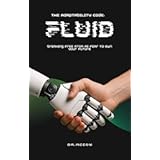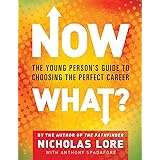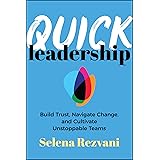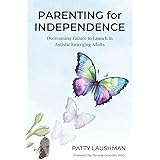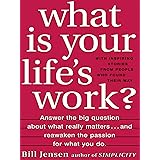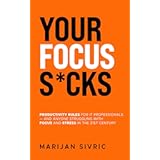In the insightful discussion above, Jordan Peterson highlights a critical perspective often overlooked by individuals considering a career change: the inherent risks associated with inaction. While the thought of changing your job can feel daunting, it is revealed that a significant psychological and professional cost is often accumulated by remaining in an unfulfilling role.
Studies suggest that job dissatisfaction can lead to decreased productivity, increased stress, and even adverse health outcomes. When individuals delay the decision to pursue a more meaningful career path, they may unwittingly be accepting a higher price than the perceived risks of transition. This analysis delves deeper into these hidden costs and the strategic approach required for a responsible career transformation.
The True Costs of Inaction: Unmasking Workplace Misery
It is commonly assumed that one’s current employment is a baseline of stability, often viewed as risk-free. However, as thoughtfully articulated in the video, every job carries its own set of risks, which often become invisible due to habituation. This blindness can prevent an accurate assessment of one’s professional standing.
Consider the insidious nature of minor daily annoyances. If an individual encounters even one small, bothersome issue each day at work, and consistently chooses to ignore it, these issues do not simply disappear. Instead, they accrue, much like grains of sand eventually forming a desert.
Over a span of three years, an individual might make a thousand such decisions to overlook these small irritations. This can quickly lead to a thousand cumulative stressors impacting one’s well-being. Extending this timeframe to five years, a staggering two thousand unresolved issues could be weighing heavily on one’s professional life, metastasizing into what is described as a “monster.”
Beyond Happiness: The Moral Imperative of Meaningful Work
Many individuals are conditioned to equate job satisfaction with happiness, yet this perspective can be misleading. While happiness is often a fleeting state, the pursuit of meaning in one’s work is presented as a moral obligation, one that demands a different kind of commitment.
There is a tangible price paid for persistent misery in one’s occupation. This cost is not merely financial but impacts one’s psychological and emotional capital. The familiar adage, “the devil you know is better than the one you don’t,” is often a deceptive comfort when confronted with genuine unhappiness.
This complacency, driven by the illusion of security, can be a profound disservice to one’s future self. Time, after all, is a finite resource; a person remaining miserable today will likely find themselves more so, and significantly older, in five years if no action is taken. This emphasizes that permanent security is not found in stagnation, but rather in the capacity to adapt and contend with new challenges.
Architecting Your Escape: A Strategic Career Transition
Embarking on a career change is not an act of impulsive abandonment, especially for those with significant responsibilities like family and mortgages. It demands a deliberate, intelligent, and responsible strategy. The impulse to simply “quit” an unfulfilling job without a plan is ultimately self-defeating.
Instead, a methodical approach is required. If a current job is perceived as “killing the soul,” a structured plan for transition must be initiated. This might involve several crucial steps, each requiring dedicated effort and foresight:
- Continuous Education: Acquiring new skills or certifications can broaden opportunities and make an individual more attractive to potential employers. This ensures one’s capabilities remain current and competitive.
- Resume Refinement: Regularly updating one’s curriculum vitae to reflect new experiences, achievements, and skills is essential. A well-crafted resume effectively communicates value to prospective employers.
- Overcoming Fear: Interviewing can be a source of significant anxiety. Actively practicing and engaging in mock interviews can help in conquering this fear, transforming it into confidence.
- Sharpening Social Skills: Networking, effective communication, and interpersonal proficiency are invaluable in any professional setting. These skills are often crucial for securing new opportunities and thriving in a new environment.
Such a comprehensive transformation is not an overnight process; it might require a couple of years of sustained effort. However, this strategic investment builds a foundation for a more fulfilling and sustainable professional future.
The Power of an Active Escape Route in Changing Your Job
Maintaining an “escape route” is presented as a fundamental principle for professional autonomy, especially in today’s uncertain job market. This concept extends beyond merely having a backup plan; it implies an active state of preparedness and awareness.
When an individual possesses an active escape route, they are empowered to say “no.” The ability to decline undesirable tasks, unreasonable demands, or even an unfavorable job offer is directly linked to one’s perceived alternatives. Without this leverage, one’s bargaining power is severely diminished.
The stark reality is that if an individual cannot say no, they are effectively rendered a “slave” to their circumstances. This perspective emphasizes that genuine job security arises not from staying put, but from the continuous development of skills and options that enable mobility and choice. Constantly evaluating one’s professional standing and actively exploring potential alternatives are not merely luxuries; they are essential practices for maintaining freedom and dignity in one’s career.


